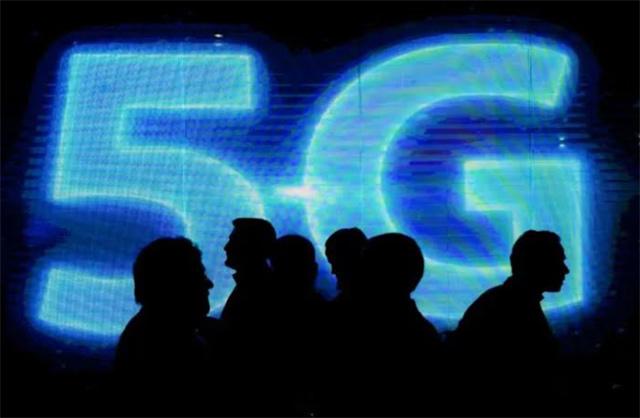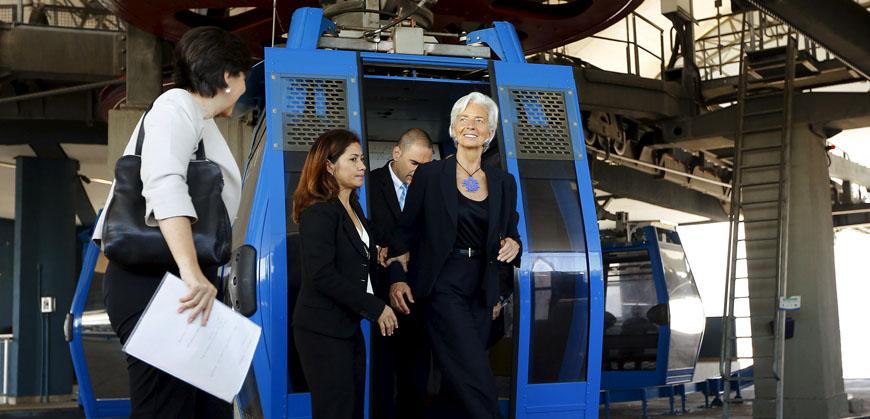You are here
Brazil opens 5G tender, seeking $9 bn in investment
By AFP - Nov 04,2021 - Last updated at Nov 04,2021

Brazil, a nation of more than 213 million people, intends to build one of the world's largest 5G mobile data networks (AFP photo)
BRASÍLIA — Brazil opened an international tender Thursday to build one of the world's biggest 5G data networks, seeking $9 billion in investment for Latin America's largest economy.
The sprawling South American country is looking to leverage so-called fifth-generation mobile technology to accelerate the development of its industrial and agribusiness sectors -- as well as bring super-fast internet to the cell phones of its 213 million people.
The tender is for the right to build and operate four "blocks" of the frequency spectrum for 20 years, as well as a separate network reserved for government communications.
Bidding for the latter will exclude Chinese telecoms giant Huawei, the target of US espionage accusations that have put Brazil in a bind, forcing it to navigate the tumultuous tech standoff between the world's two biggest powers -- which are also its two largest trading partners. Fifteen companies have registered to bid, the biggest of which already have operations in Brazil including Telecom Italia's local subsidiary Tim; Spanish group Telefonica's Brazilian unit; and Claro, owned by Mexican telecoms magnate Carlos Slim's America Movil.
"It is one of the largest 5G tenders in the world. The potential is enormous," industry specialist Christian Perrone of the Technology and Society Institute in Rio de Janeiro told AFP.
President Jair Bolsonaro's government is seeking total investments of 50 billion reais ($9 billion): 40 billion reais to build the 5G network -- one of Latin America's first -- and 10 billion reais that it will pocket for frequency rights.
5G technology requires four to 10 times as many antennas as 4G. The bidding terms require winning companies to roll out service in Brasilia and the 26 state capitals by August 2022. Other cities of more than 30,000 people can expect service between 2025 and 2028.
Related Articles
BRASILIA/SAO PAULO — The Brazilian real is trading at or near fair value after losing one quarter of its worth since January 1, economists s
BRASILIA/RIO DE JANEIRO — Brazil will freeze 69.9 billion reais ($22.58 billion) worth of spending on investment, education and health progr
RIO DE JANEIRO — Elon Musk's social media platform X, which was banned in Brazil for 40 days in a legal tussle over disinformation, was ava


















